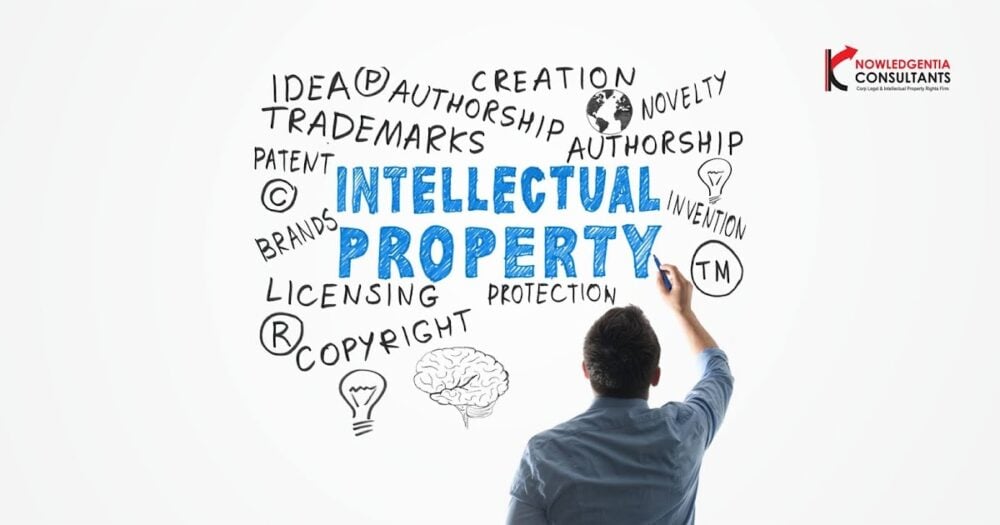Definition of intellectual property licensing: Creative Commons licenses are multi-tiered intellectual property licenses that enable authors to indicate the rights they have reserved for themselves over the licensed work and the rights they are ceding to recipients or other authors, using simple phrases and iconic symbols that show what each party to the license has to offer. This simplicity of wording distinguishes the Creative Commons license from others. The structure of the articulated license makes it easier for the author to determine the rights he retains and those he waives.
Intellectual property licensing
The first license was issued on December 16, 2002, by Creative Commons, a non-profit organization founded by Lawrence Lesske, Hal Abelson, and Eric Eldred in 2001, with the support of the American Public Domain Center, and is headquartered in San Francisco, USA, and It aims to expand the scope of creative works available for people to exploit and build upon in a manner consistent with the requirements of intellectual property laws.
The first set of licenses was issued in December 2002, and in 2008, the number of published works under one of the CC’s variants reached nearly 130 million. By September 2010, the license was localized in 53 jurisdictions worldwide. Jordan was the first Arab country whose judiciary recognized this type of license.
Why is an intellectual property licensing?

Intellectual property licensing
The Internet enables its users to access research educational and cultural materials with ease and flexibility in dealing with these contents. However, these capabilities provided by the Internet often collide with the concept of intellectual property that appeared long before the emergence of the Web, which carries between It has a complex arsenal of laws and procedures, making it difficult to perform a range of operations that you would typically see on the Internet such as transfer, copying, modification, and publication, complex and may lead to legal follow-up.
The default application of intellectual property law requires that you obtain explicit and prior consent before you dispose of protected works, whatever your business or social position. On a clear set of standards that achieve a balance between the reality of the Internet and the reality of intellectual property law, and this is what Creative Commons has done, to confront what it sees as a cultural and legal environment that restricts sharing and creativity.
What is an intellectual property licensing jurisdiction?
Intellectual property licensing includes everything that falls under philosophical works, including books, plays, films, music, articles, drawings, photographs, charts, maps, designs, blogs, websites, and databases, except for computer software. There are free licenses specializing in addressing technical issues associated with licensing and using this Software.
What are the conditions for benefiting from intellectual property licensing?

Intellectual property licensing
For the author
The author alone has the right to choose a license for his work, and he must issue it. Thus, publishing houses, newspapers, and magazines do not have the right to give these licenses except with the initial or tacit approval of the author himself.
For the Product
For a product to be protected by CC licenses, the following conditions must be observed:
- The Product must be creative work such as texts, graphics, photography, music, audio, and films.
- It is not an idea, for example, or an element discovered for example … Software of all kinds is not desirable to use Creative Commons with it because it has special licenses called (free software licenses)
- If the Product is original (i.e., no previous creative works have been used or works with expired rights or a public domain license), its author has the right to choose the permissions he deems appropriate for his work.
- If the Product is a derivative (i.e., a creative work in which previous results were used), the author remains bound by licensing the derivative works. If the work is copyrighted, it may not use CC licenses. If the work is under a Creative Commons license, the author is still obligated to use the same right.
For the licensee
Licensee means the public in general who will deal with the Product. It is required that the Product be published publicly and not in private or confidential ways.
What are the essential features of intellectual property licensing?
Users of CC licenses benefit from the following benefits:
- Improving the results of your site in search engines through the following factors:
- All requests require that the author’s name and sometimes the link to his site be mentioned, which means a free backlink in an actual number of sites that can be one of the best ranked in the world, which helps improve your reach to the audience, and spread your Product on the broadest scale.
- You are using intellectual property licensing means automatically including your creations in sites that serve as search engines or intellectual property licensing content indexes preferred by Google and Yahoo, which guarantee you a high archiving speed.
- Google image search results show images with intellectual property licensing in the foreground.
- The public domain license is considered a public domain license in the Internet world.
- It is more realistic than exclusive reserved rights, as it makes you give up some rights in exchange for keeping your name as its author instead of losing all of them.
- CC provides excellent flexibility and ease in dealing with the issue of licensing, as intellectual property licensing has standardized formats that anyone can understand regardless of their language and culture.
- The use of intellectual property licensing contributes to increased creativity and innovation by sharing creations and scientific content with others while providing them with the opportunity to develop or employ them as a core or component of new creative work.
What are the disadvantages of intellectual property licensing?
Despite the advantages mentioned above, intellectual property licensing suffer from several flaws and loopholes, which we summarize in the following points:
- No modification of the license has any retroactive effect: changes made by the author to the right are only applicable to new users.
- Creative Commons does not have the right to sue in case of breach of licensing requirements, which remains the author’s exclusive right following its internal laws that regulate intellectual property rights.
- The inability of laws and legislations to deter the phenomenon of plagiarism in light of the almost complete absence of a culture of respect for intellectual property rights.
- Ignorance of the users and authors of the types of licenses and their misplaced use.
Read More: What is IP licence? From A to Z